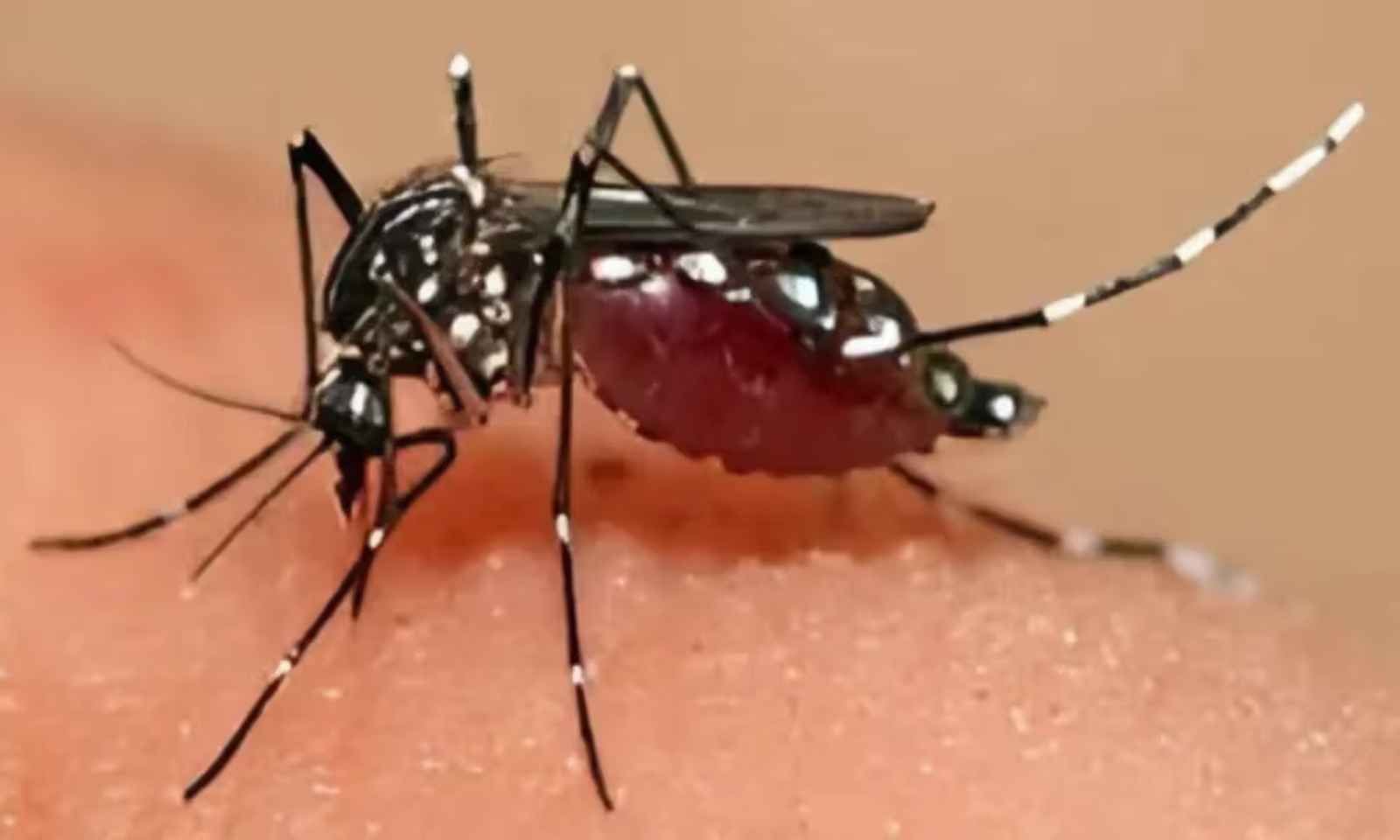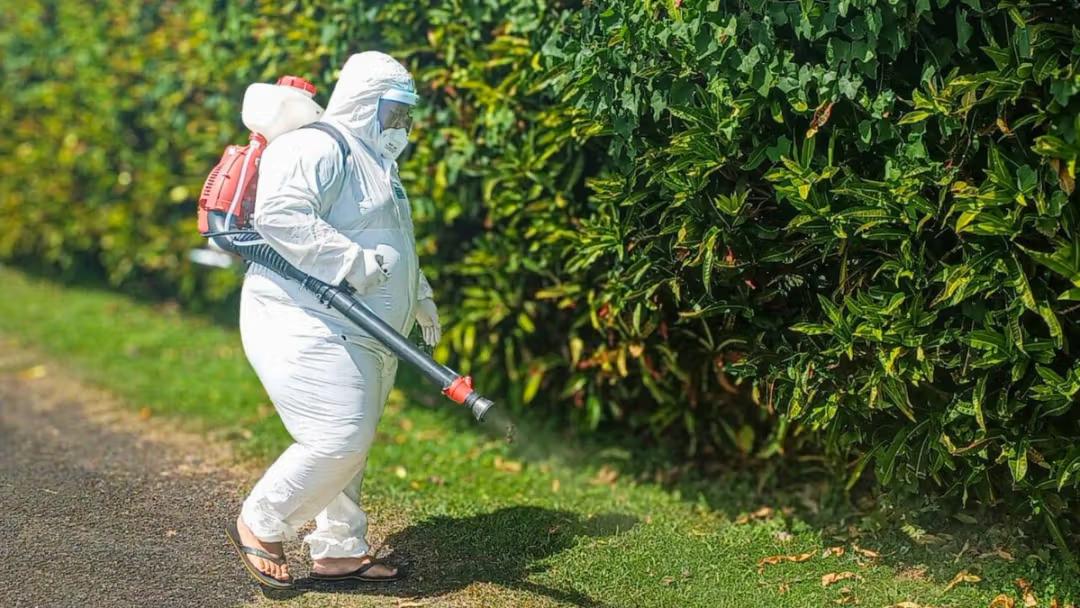

Tonga's Health Minister Dr 'Ana 'Akau'ola.
Photo/Supplied
Tonga ends dengue outbreak as Sāmoa faces surge in cases
Tonga ends dengue outbreak with 900 cases, while Sāmoa battles 9,000 infections and rising deaths.



Inked across lands: How Pacific tattoo art is thriving in Germany

US funding cuts threaten to 'dry up' future of Pacific scientists - expert



Inked across lands: How Pacific tattoo art is thriving in Germany

US funding cuts threaten to 'dry up' future of Pacific scientists - expert
Tonga’s Ministry of Health has declared the end of the dengue fever outbreak, which started six months ago.
Since the outbreak, a total of 907 cases were recorded, along with three dengue-related deaths.
Thankfully, no new cases have been reported in the last two weeks.
The majority of cases were recorded in Tongatapu, with 521 reported cases, followed by Vava’u with 312, ‘Eua with 70, and Ha’apai with four since the outbreak was first declared in February.
No cases were reported from the two Niua islands. Most of the affected individuals belonged to the 10-20-year age group.
Tonga’s Health Minister, Dr ‘Ana ‘Akau’ola, expressed gratitude to the community for their collective efforts in bringing the outbreak to a close. This is the first dengue fever outbreak since 2019.
Watch Dr 'Ana 'Akau'ola's full interview below
While Tonga celebrates this milestone, its neighbour, Sāmoa, continues to struggle with its own dengue outbreak.
Sāmoa’s Ministry of Health has confirmed more than 9000 clinically-diagnosed dengue cases since January, along with six deaths.
Schools have been closed for four consecutive weeks at the early childhood education and primary schools.

The Aedes mosquito that causes dengue fever. Photo/KidsHealthNZ
Recent health surveillance reports indicate a major increase in dengue cases in Sāmoa, with numbers rising from around 5700 to almost 8000 in just one week, according to the National Emergency Operation Centre (NEOC).
Earlier this month, New Zealand pledged $300,000 worth of medical supplies to support the response to the outbreak. It dispatched a small team to Apia to provide clinical support and work with Sāmoan authorities.
Speaking with William Terite on Pacific Mornings, Pacific health expert, Dr Api Talemaitoga, urges preventative measures through simple actions such as clearing out water containers, using insect repellent, and dressing appropriately.
“Prevention is paramount. When we are visiting the Pacific, staying with families, relatives or friends, please make sure that empty containers, like tins, plastic containers or even coconut shells, are not lying around collecting water,” Talemaitoga says.
“The mosquitoes love to breed in still water. And be very careful coming from New Zealand, Australia, or overseas. It's good to use insect repellent as well as a preventative measure because dengue can be quite serious.”

A nationwide clean-up is scheduled for Saturday, to be followed by a fumigation campaign supported by donor partners including New Zealand. Photo/Ministry of Health-Samoa
Health New Zealand/Te Whatu Ora has reported an increase in dengue fever cases among travellers returning from the Pacific.
In the first seven months of this year, 103 dengue cases were recorded in Auckland, which is double the amount recorded in the same period last year, with a third of those patients being hospitalised.
Health New Zealand advises anyone feeling unwell within three weeks of returning home from a dengue-affected country to seek medical advice.
Many other Pacific Island countries are also seeing a major increase in dengue fever cases. They include American Sāmoa, the Cook Islands, Fiji, French Polynesia, Kiribati, Nauru, Tonga, and Tuvalu.
In the Cook Islands, there are nine active cases, all in the capital city of Rarotonga. But Fiji has been the worst hit, reporting 11,000 confirmed cases of the virus.